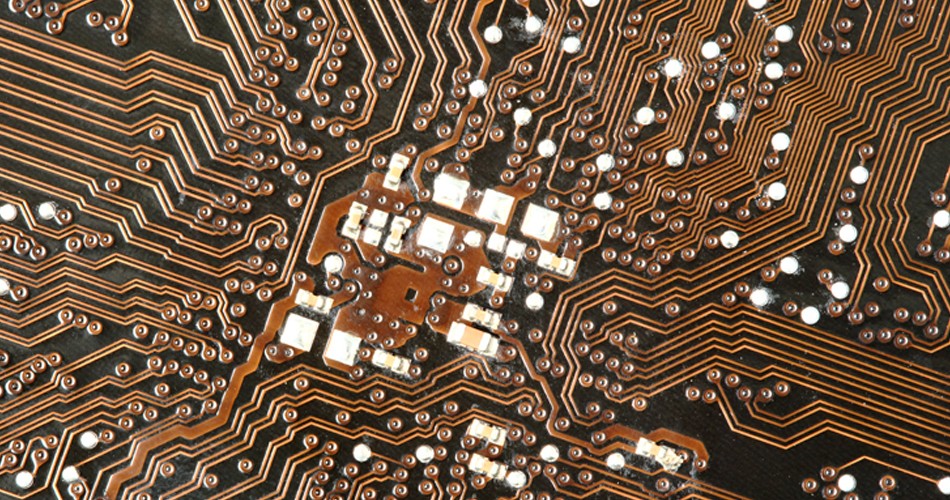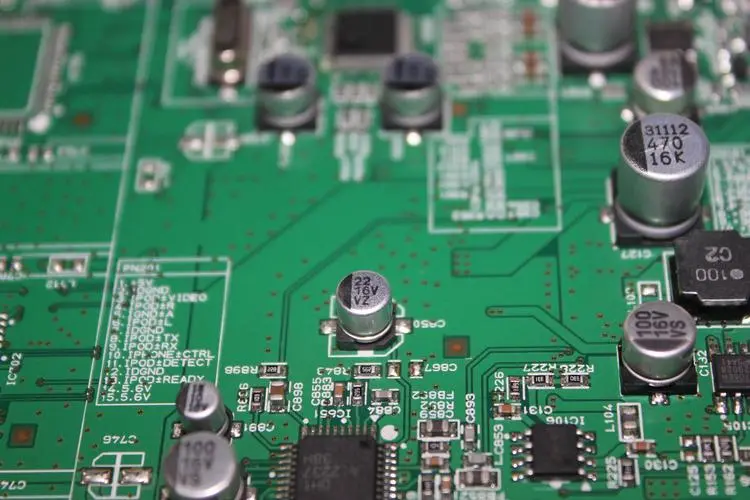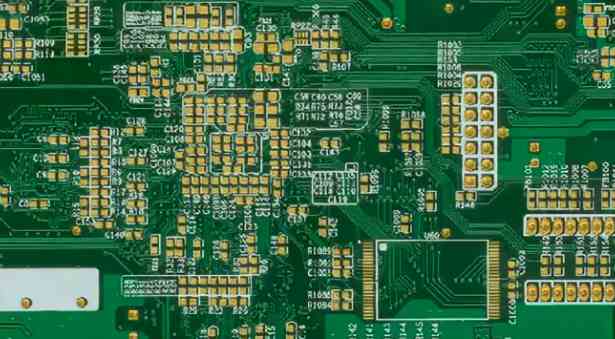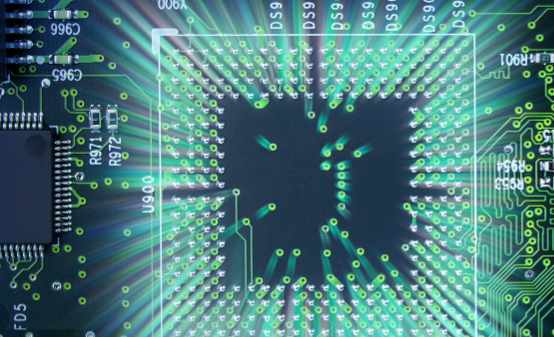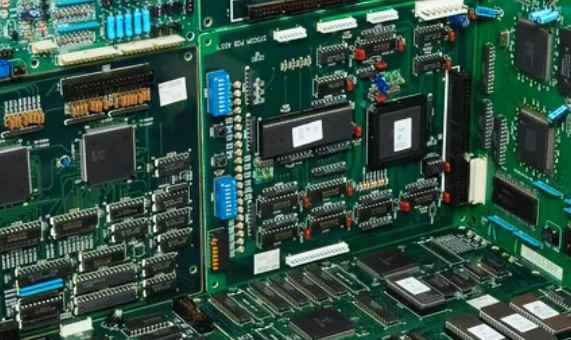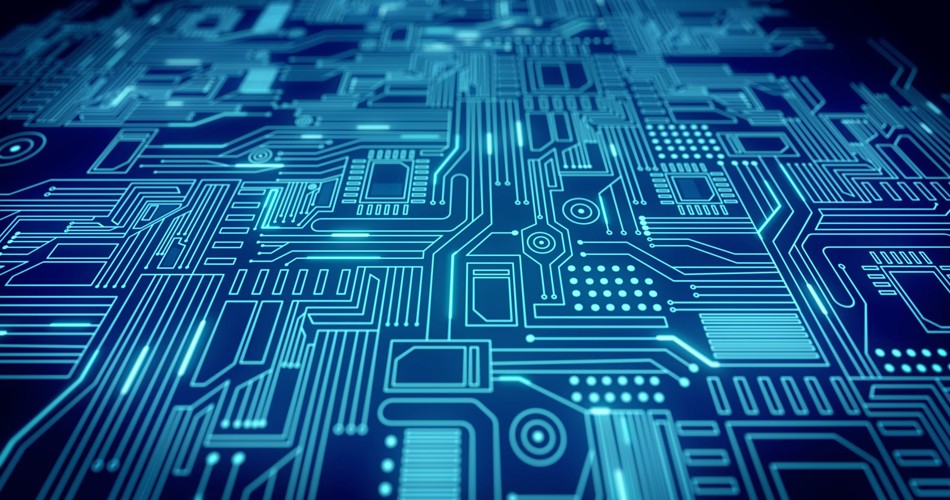
In 2022, PCBA electronic engineers must know the design criteria of high-frequency circuit printed boards
PCB design is based on circuit schematic diagram to realize specific functions on PCB. PCB design should take into account layout design, external connection layout, optimal layout of internal electronic components and other factors. The function of PCB design is to standardize design operations, improve production efficiency and improve the quality of electronic products.
Data required for PCB design:
1. Schematic diagram: it can generate correct netlist in complete electronic document format, and provide the layout and functions required by PCB
2. Mechanical dimensions: provide PCB with multiple physical information such as specific location and direction identification of electronic components
3. Device packaging: provide device packaging library, packaging method and electronic material specification for PCB
4. Wiring guide: provide PCB with specific requirements description of special signals, impedance and other designs
1.protel、protel 99se、protel DXP、Altium
2. Cadence spb software
3. BORDSTATIONGoing and EE
4.EAGLE layout
PCB design steps are as follows:
1. Layout design
2. Placing sequence
3. Layout inspection

The above is the basic knowledge of PCB design,
High frequency PCB is usually used in high frequency applications, and ground wire and power line have a very important impact on high frequency applications. For example, the spike current shuttles through high-frequency components, starting from the current flowing from the power line, passing through the circuit board and returning to the ground through the ground wire. If the voltage of the DC power supply cannot be maintained at a stable value at this time, then the circuit performance will be greatly affected. Therefore, in the design criteria of high-frequency circuit boards, the power line should be as short as possible.
High frequency circuit printed circuit board guidelines:
1. Use a piece of ground or a large grounding surface as the ground wire.
2. Use a wide power cord.
3. The ground wire and power wire should be close to each other and parallel.
4. Place a decoupling capacitor between the ground and the power supply.
5. In high-speed pulse system, the skin effect and dielectric loss will increase proportionally with the increase of wire length, so the wire should be as short as possible.
6. For large size printed circuit boards, dielectric loss is particularly important. Therefore, when using the printed circuit board, pay attention to whether there is an appropriate high-frequency range.
7. Determine which parasitic components (capacitance and inductance) are more harmful, and conduct wiring based on them.
8. Keep all mismatched lines as short as possible, otherwise the rise time will increase to 1ns/cm.
9. When parasitic capacitance may make circuit performance worse, it can be provided with a ground connection (directly grounded or grounded through a capacitor).


